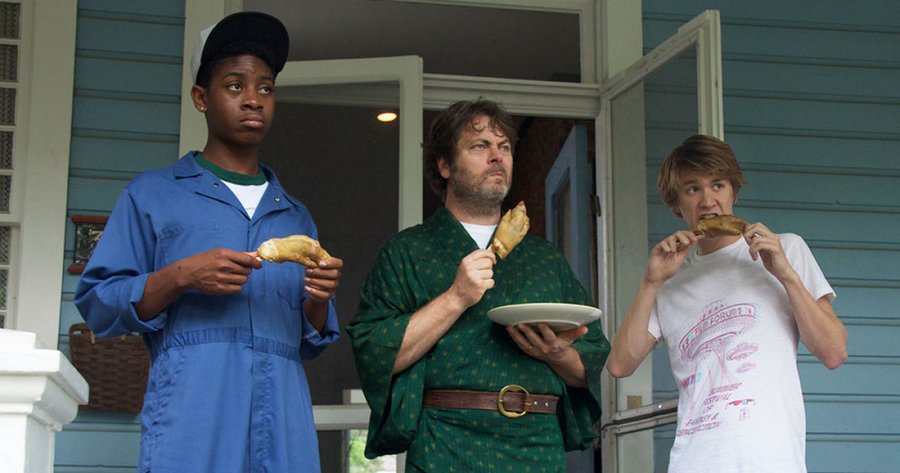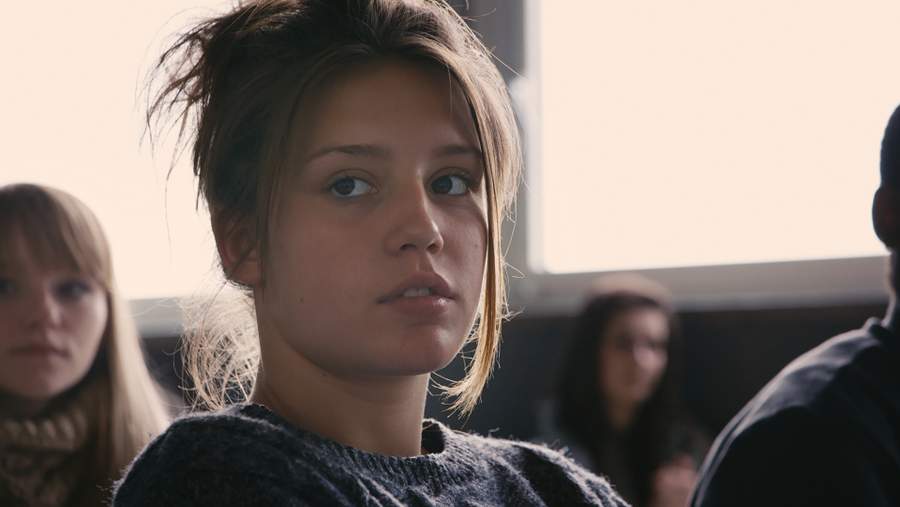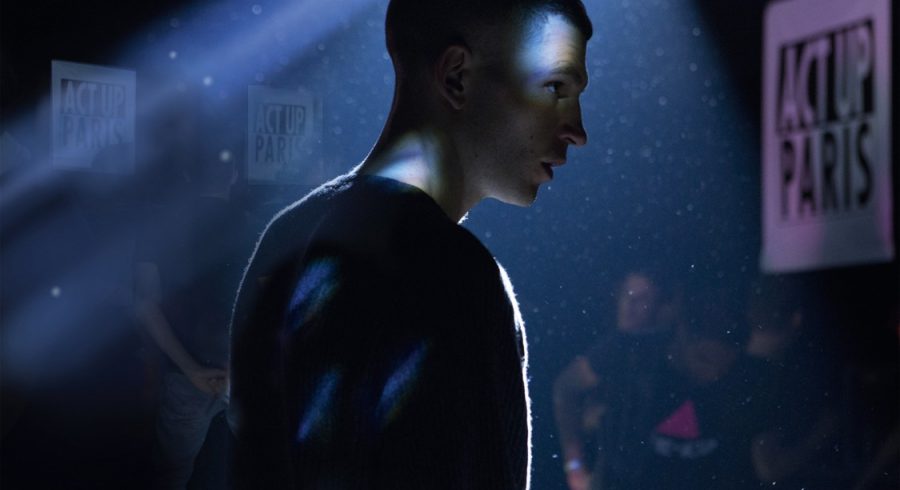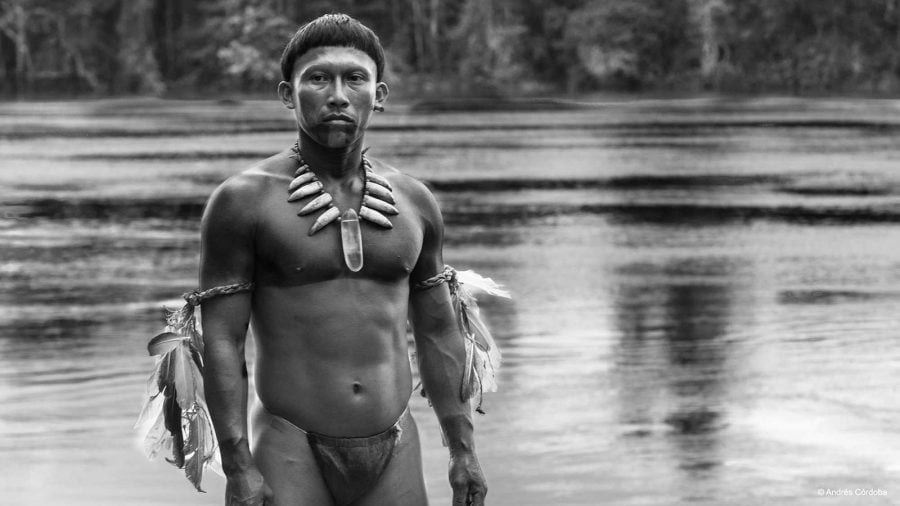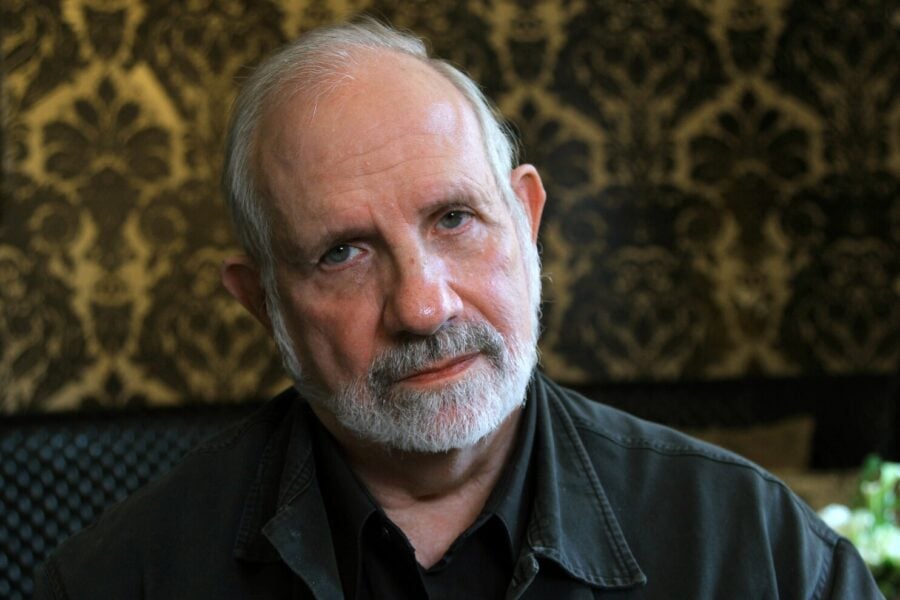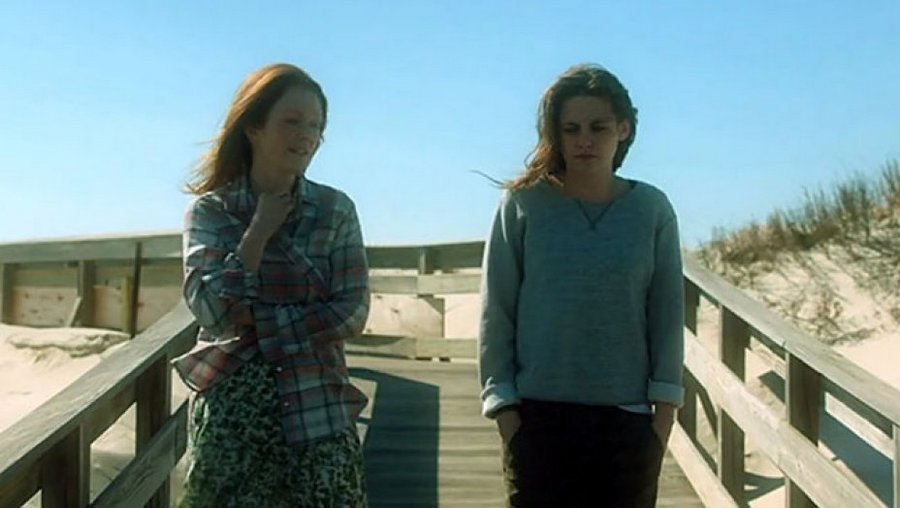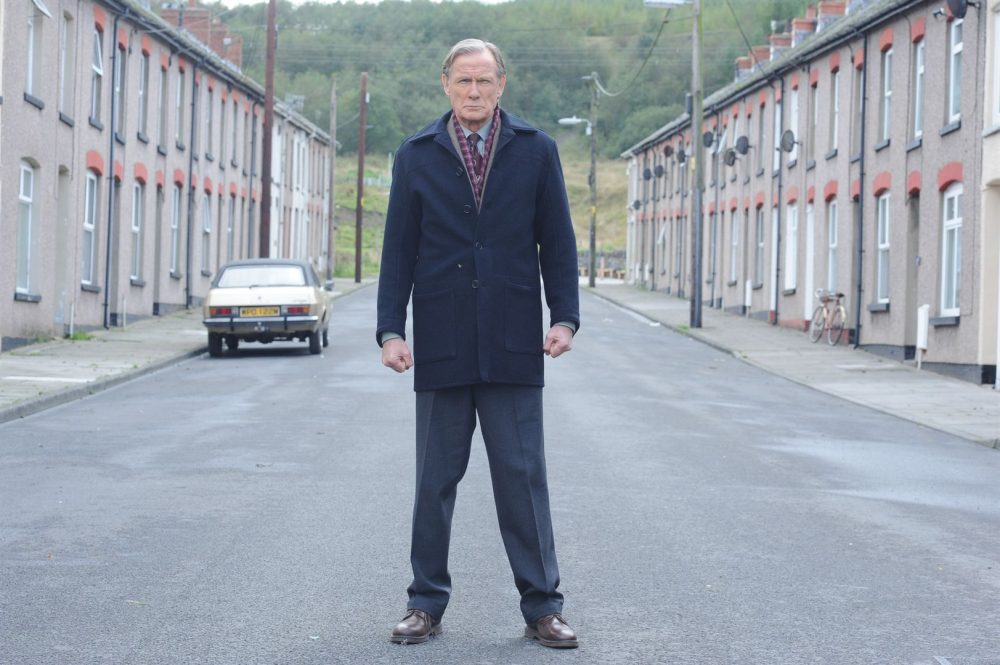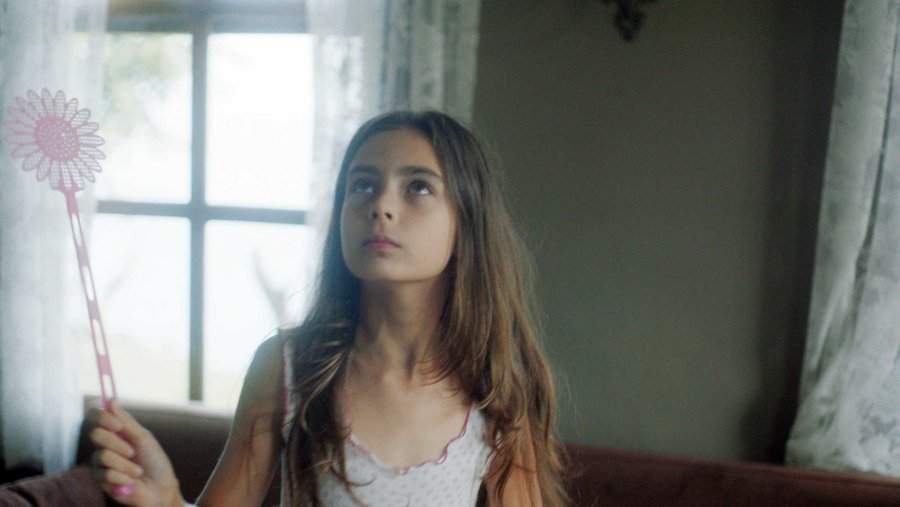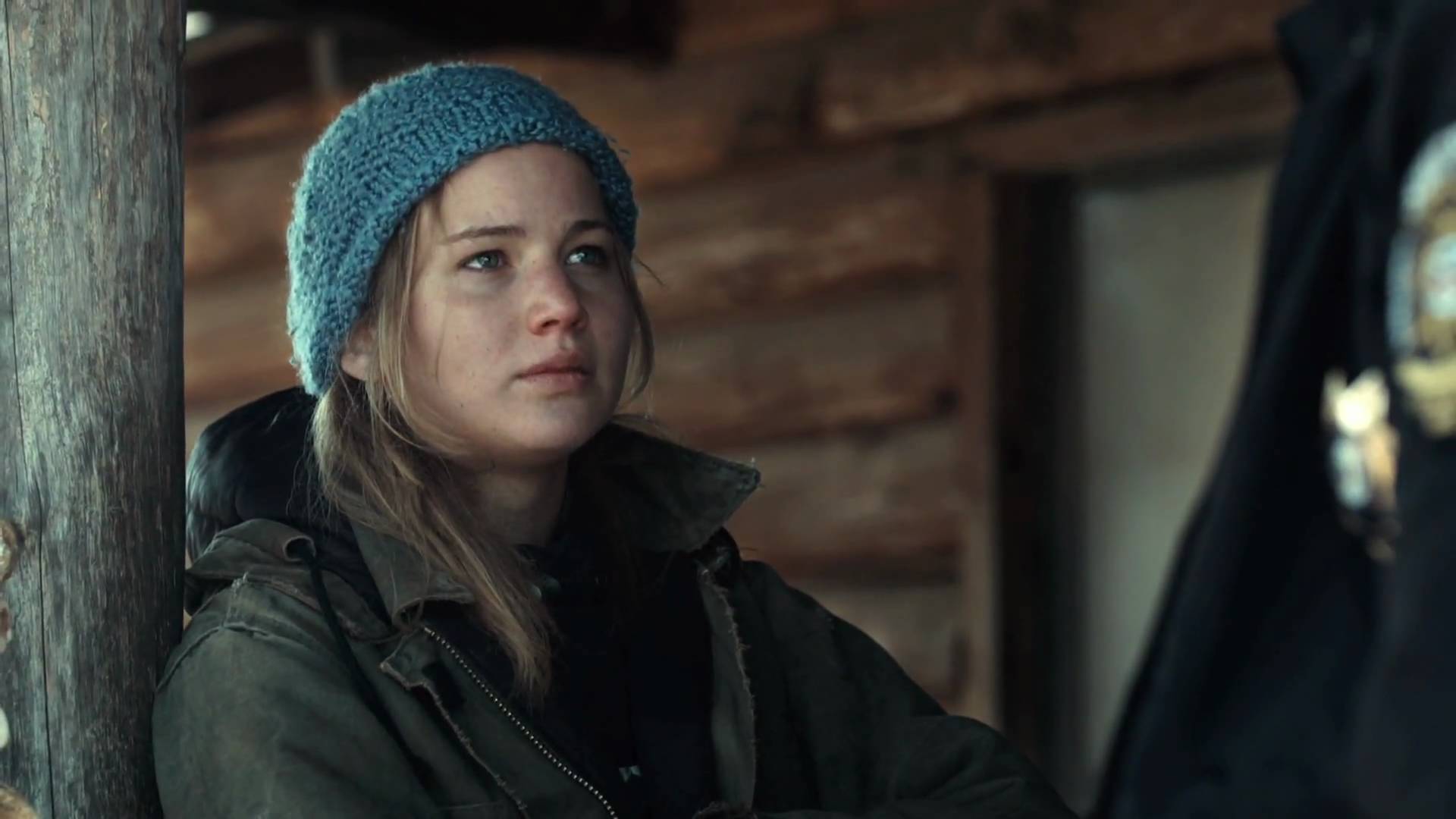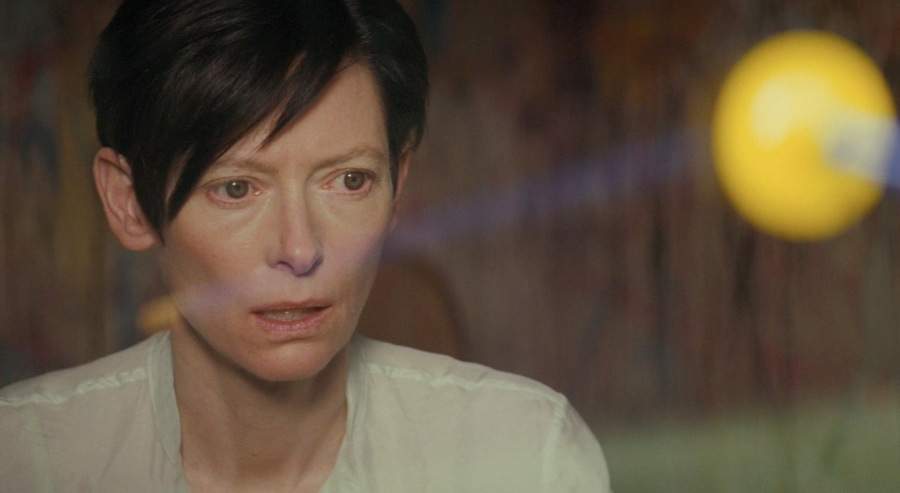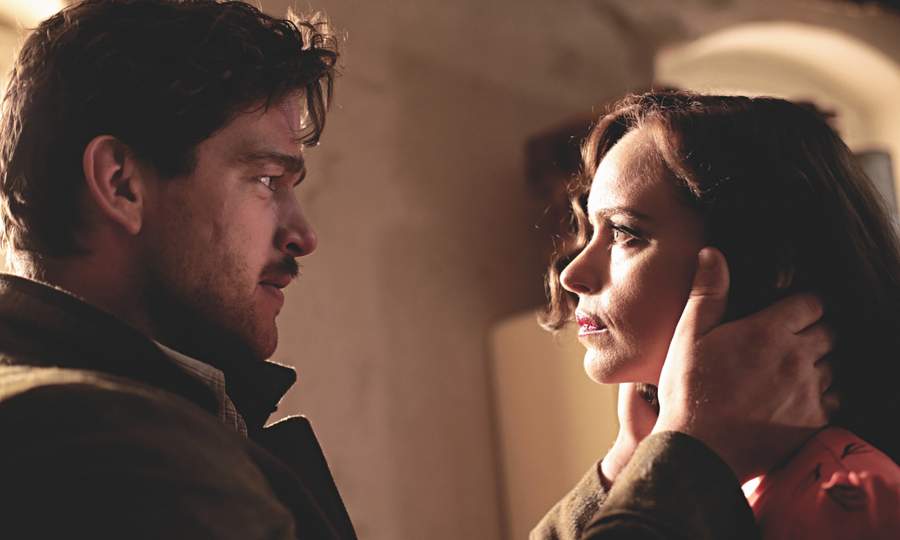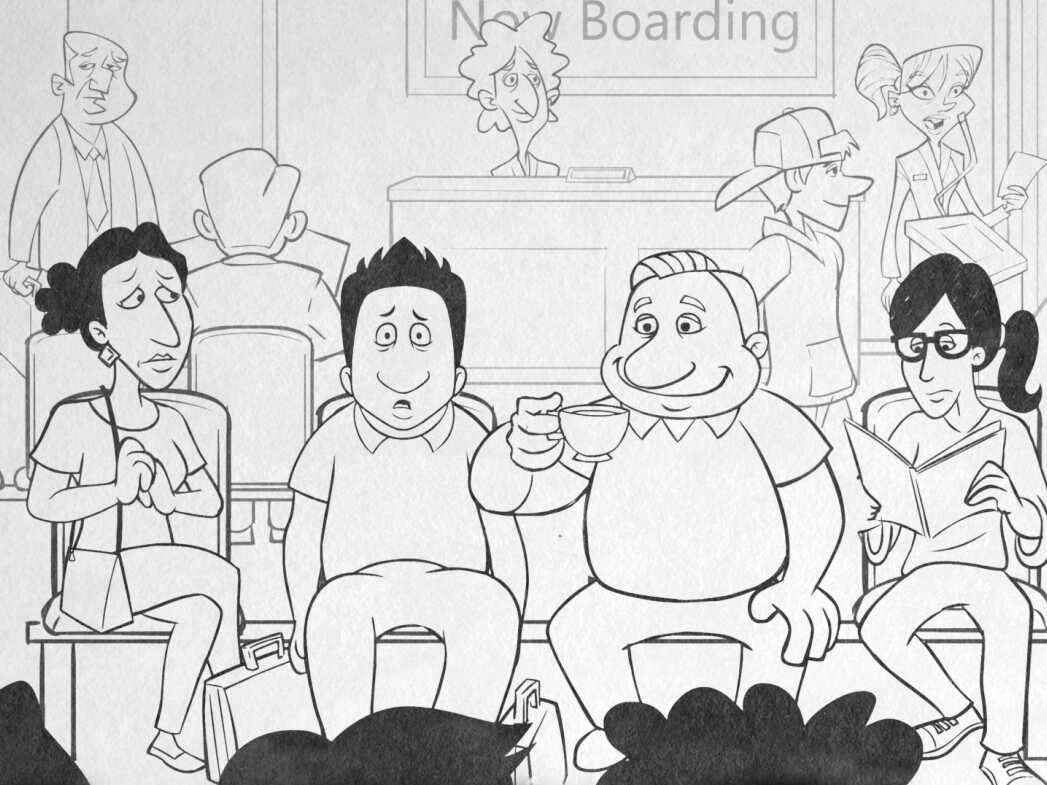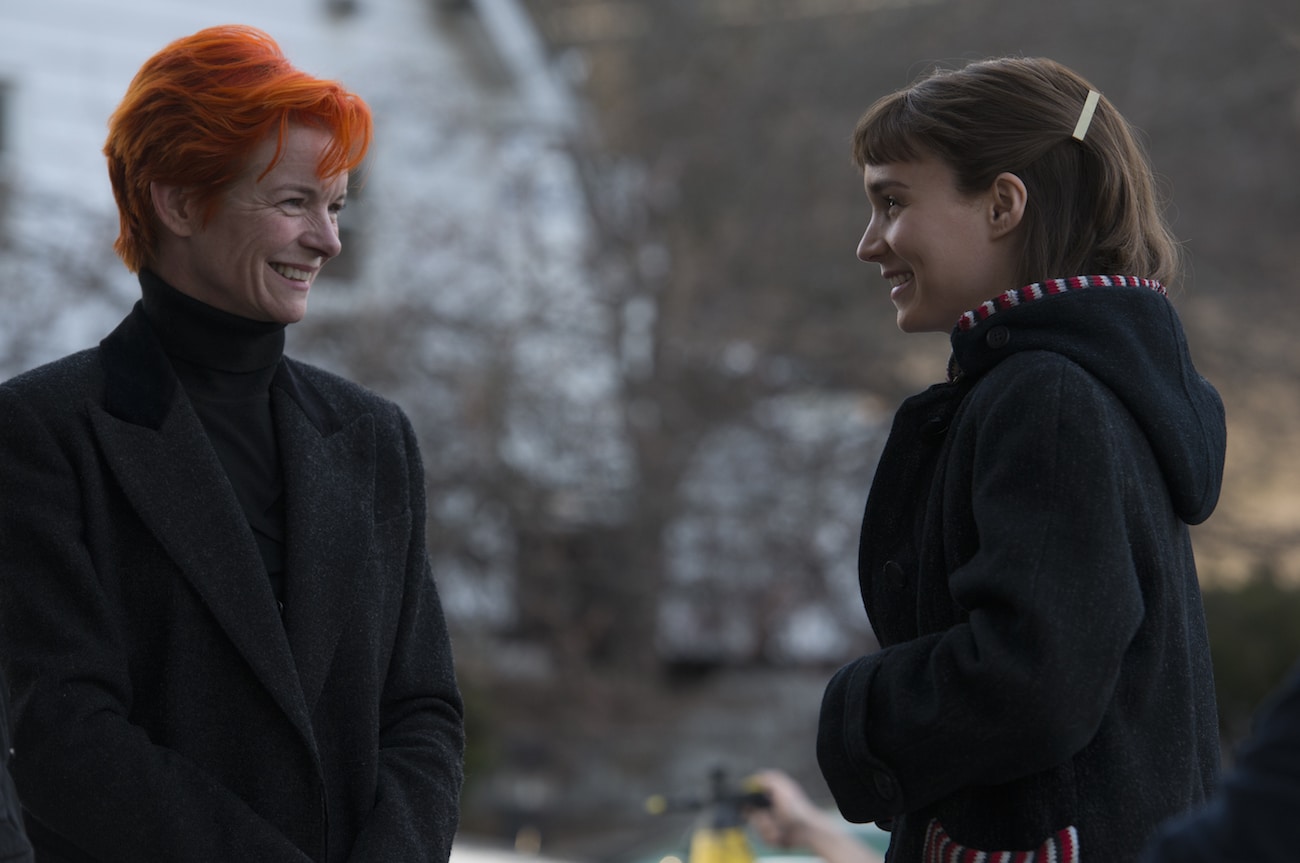Dorky kid Greg Gaines (played by the brilliant and unlikely named Thomas Mann) has severe issues with closeness (he calls his best friend a “co-worker”) and is instructed by his mother to befriend Rachel (Olivia Cooke), a girl recently diagnosed with cancer. Far from being an indie tear-jerker, though, “this isn't a touching romantic story”, as Greg's narration reminds us. This is not least to the quirky nature of the film and the third titular character Earl, Greg's closest co-worker, who acts as the moral glue between Greg and Rachel.
In addition to hilarious writing and amazing performances, the film is laced with pop-cultural references by way of the movies that Greg and his Earl shoot in their spare time – spoofy takes on cult movies with titles like Sockwork Orange. Moving without being melodramatic, Me and Earl and the Dying Girl is a charmingly off-kilter fish-out-of-water plot about making friends, dealing with death, and enjoying life best as one can.
Genre: Comedy, Drama
Actor: Alfonso Gomez-Rejon, Bobb'e J. Thompson, Chelsea Zhang, Connie Britton, Etta Cox, Hugh Jackman, Jeremy Long, Joe Fishel, Jon Bernthal, Katherine Hughes, Masam Holden, Matt Bennett, Molly Shannon, Nick Offerman, Olivia Cooke, RJ Cyler, Thomas Mann
Director: Alfonso Gomez-Rejon

